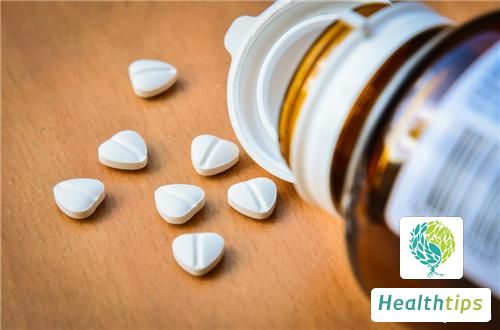What Does a Low Urea Nitrogen Level Mean?
Urea Nitrogen and Its Associated Factors

Urea nitrogen is a commonly used biomarker in clinical testing. There are numerous reasons for low urea nitrogen levels, often related to malnutrition. Additionally, it can also be associated with various diseases, such as renal insufficiency. When low urea nitrogen levels are observed during testing, it is crucial to understand the underlying cause, whether it be physiological or pathological. Let's briefly explore what low urea nitrogen levels mean.
1. What Does Low Urea Nitrogen Mean?
The normal range for urea nitrogen is 2.5-7.5 mmol/L. Levels below 2.5 mmol/L are considered low. Urea nitrogen is a product of protein metabolism, and there are several reasons for low levels. For instance, women who are dieting and strictly controlling their diet, especially avoiding protein-rich foods like eggs, duck eggs, lean meat, and bean products, and mainly eating vegetables and fruits, may have reduced protein intake, resulting in lower urea nitrogen levels.
2. What Is Urea Nitrogen?
Urea nitrogen refers to the nitrogen content in urea, and urea concentration can be expressed as urea or urea nitrogen, with the latter being more commonly used in China. The liver detoxifies toxic ammonia produced during amino acid metabolism by converting it into non-toxic urea nitrogen. Serum urea nitrogen (BUN) is excreted through glomerular filtration. The reference range is 2.9-7.5 mmol/L (8-21 mg/dl). Elevated BUN levels, known as azotemia, are typically seen in renal insufficiency but may only become apparent when glomerular filtration rate (GFR) decreases by 50% or more, making it a less sensitive indicator. Other factors such as consumptive diseases, gastrointestinal bleeding, dehydration, and high-protein diets can also increase BUN levels, making it not the best indicator for assessing GFR. It is commonly measured using enzymatic methods with kits available for this purpose.
3. Dietary Control
1. During the decompensated stage of renal insufficiency with a Ccr of 20-50 ml/min, protein intake should be controlled at 45-50 grams, focusing on high-quality protein sources. Plant-based proteins should be minimized due to their high content of non-essential amino acids. It is advisable to remove plant proteins from foods like rice and flour. Instead, foods rich in quality protein such as lean meat, fish, and eggs should be consumed.
2. Ensuring adequate caloric intake is essential to reduce the depletion of body protein stores. A daily caloric intake of 30 Kcal/Kg of body weight, primarily derived from carbohydrates and fats, is recommended. For patients with poor appetite, traditional Chinese medicine formulas like Erchen Tang (consisting of Pinellia ternata, Poria cocos, Citrus reticulata, and Glycyrrhiza uralensis) combined with appetite-stimulating herbs like glutinous millet sprouts and shenqu can be considered. It is also important to include foods rich in B vitamins and vitamin C.



















